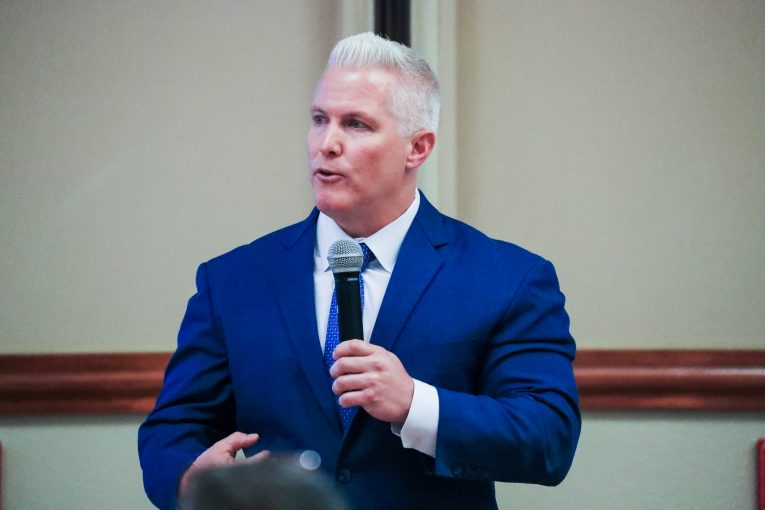
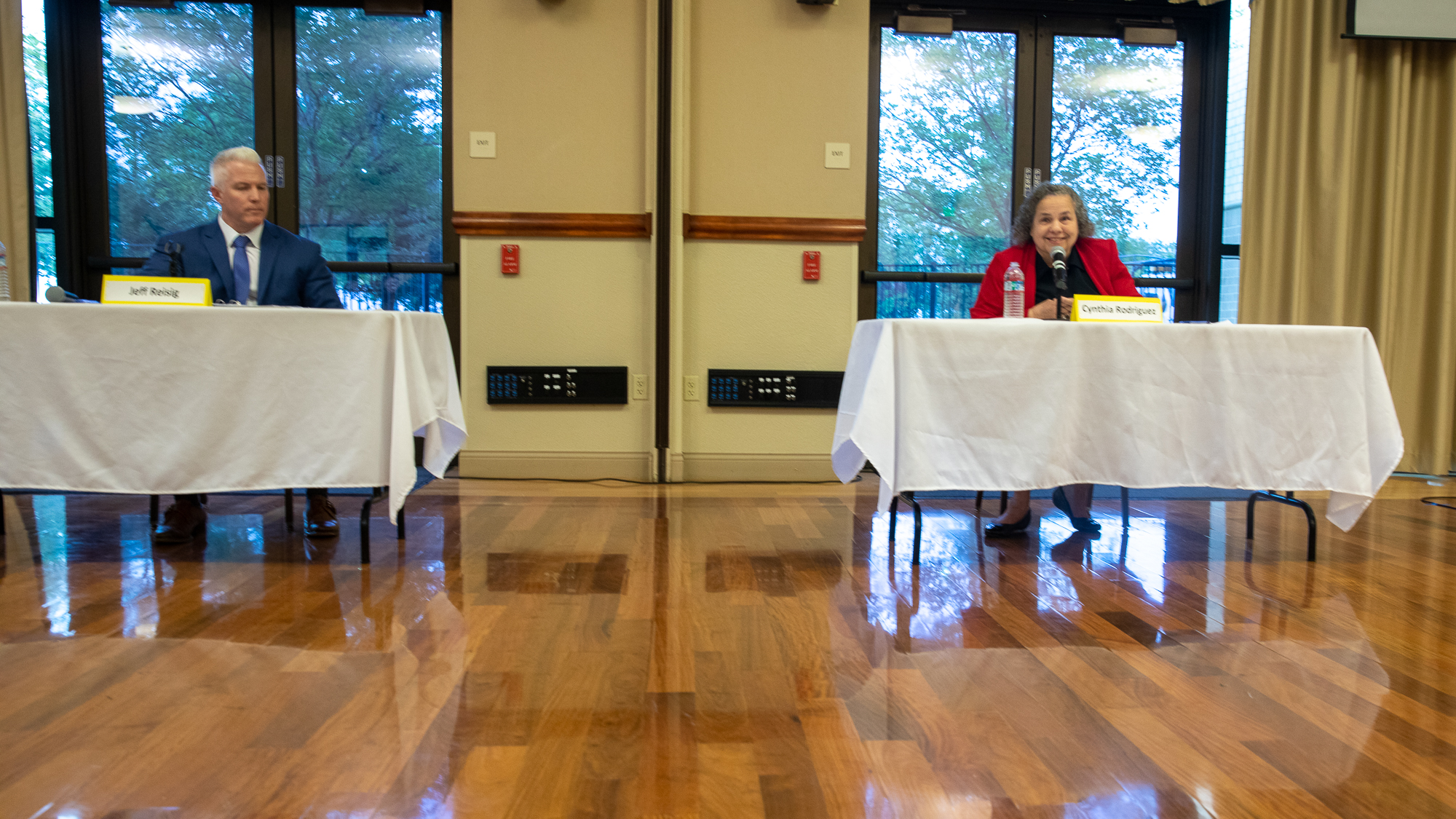
By Robert J. Hansen
The Woodland League of Women Voters held a debate for Yolo County District Attorney where challenger Cynthia Rodriguez and 4-term incumbent Jeff Reisig squared off on Wednesday.
Reisig and Rodriguez fielded questions prepared by the League of Voters and by the audience in attendance from moderator Michelle Famula.
Resig has been the Yolo DA for the last 16 years and was a deputy district attorney in the same office before that with 24 years of prosecutorial experience.
Rodriquez has 40 years of experience as an attorney both as a public defender and a prosecutor with the Department of Corrections and as Deputy Director of Forensic Services at the California Department of Mental Health.
The debate was edited for clarity.

Opening Statement
Reisig: “Not all lawyers are the same. You simply cannot be a competent, elected district attorney without the experience that I have. Unfortunately, my opponent does not have any experience as a criminal prosecutor. When I look at her record, I see no evidence that she has prosecuted a single case in her life as a criminal prosecutor. For that reason, there is only one person who’s qualified for this job.”
 Rodriquez: “If we’re going to take people’s freedom away from them, we should be doing it in the right way. We should be doing it with facts, not imagining, and doing it with proof, not tricks. The reason I am here today is that I envision a Yolo County that has a community office where the district attorney is in Yolo every day. Where the district attorney is concerned about what people need, want, and have.”
Rodriquez: “If we’re going to take people’s freedom away from them, we should be doing it in the right way. We should be doing it with facts, not imagining, and doing it with proof, not tricks. The reason I am here today is that I envision a Yolo County that has a community office where the district attorney is in Yolo every day. Where the district attorney is concerned about what people need, want, and have.”
Q1: Please identify two of the most critical issues you believe face our Yolo County criminal justice system today and discuss your specific plan for addressing these issues, including how you would fund those plans.
Rodriquez: “Safety and mental health issues. I think public safety is an enormous issue and the DA is particularly responsible for it because they choose the methods that go forward to deal with those that break the public’s trust. They commit crimes, we have to know what to do with them to keep our communities safe. We have to choose effective methods, not methods that have huge recidivism rates and end up making more crime happen.”
Reisig: “The first is homelessness. We are facing a humanitarian crisis unlike we’ve ever seen before. Too many people are dying and living on the street with addiction and mental health problems. I wrote up a five-point plan to address homelessness. I’ve been working on this to implement it in local reforms. I’ve also been going to Sacramento to change the laws to get us new tools to deal with homelessness. And I’m a strong supporter of Governor Newsom’s plan for Care Court which gives the severely mentally ill additional services. The second is violent crime. We are seeing an increase in violent crime across California and right here in the region. I’m a violent crimes specialist, I’m going to double down on policies that work. I’m also going to try to talk some sense into the people in Sacramento to fix some of these laws that have resulted in some terrible consequences, maybe unintended, but terrible.”
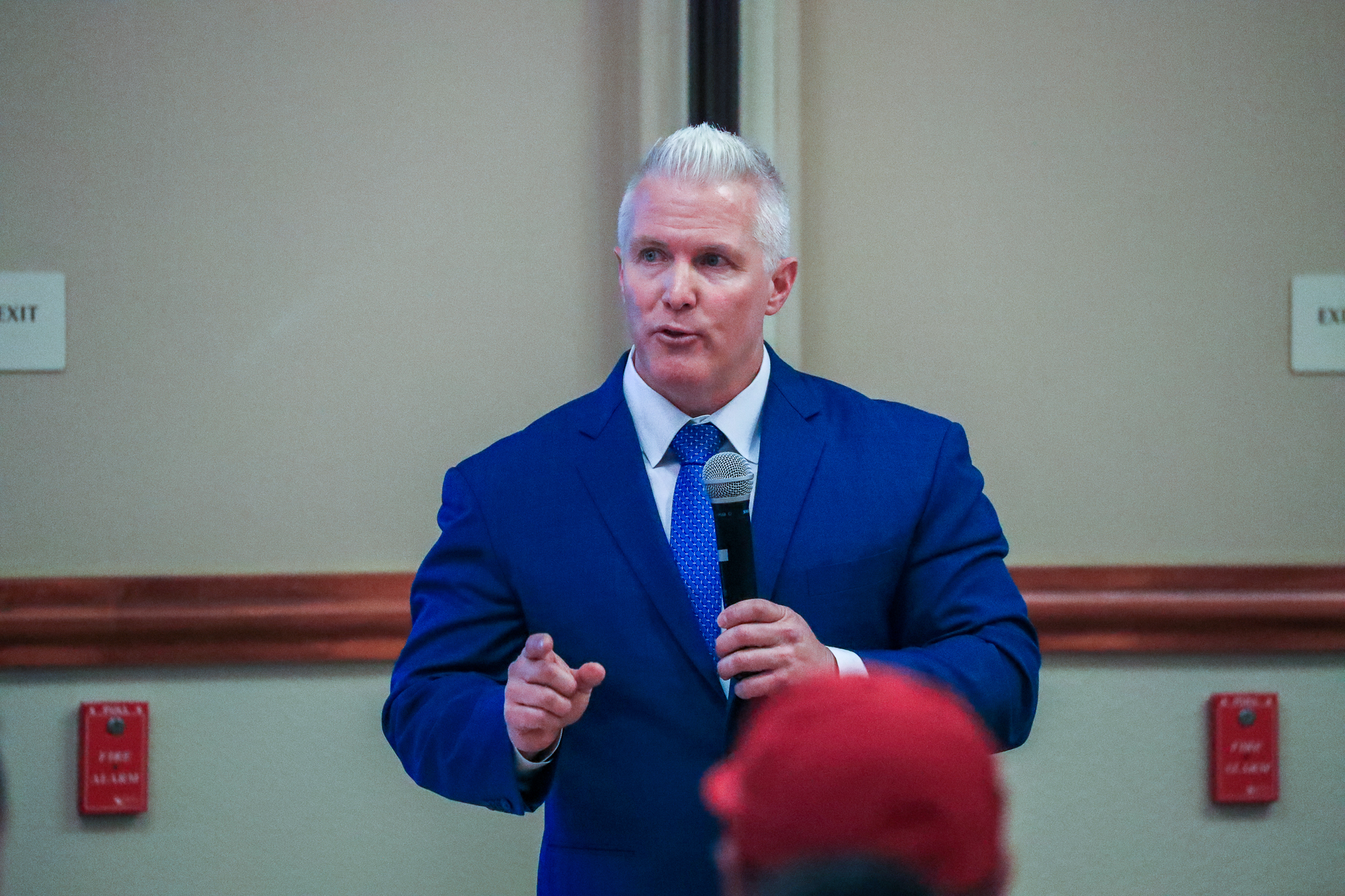 Rodriguez: “I’m glad my opponent is willing to admit that crime has gotten worse under his leadership and has not addressed the problems of our county. What he’s going to do is what he should have already done. If he was going to make it better, the time has passed. We don’t need to give him a second chance to start thinking about that. His five-point plan incurred incarceration and incarceration never treats mental illness. It has nothing to do with making people better and nothing to do with making them safer for the community. It is not humane to put someone with severe mental illness in a place where they cannot get medication or treatment.”
Rodriguez: “I’m glad my opponent is willing to admit that crime has gotten worse under his leadership and has not addressed the problems of our county. What he’s going to do is what he should have already done. If he was going to make it better, the time has passed. We don’t need to give him a second chance to start thinking about that. His five-point plan incurred incarceration and incarceration never treats mental illness. It has nothing to do with making people better and nothing to do with making them safer for the community. It is not humane to put someone with severe mental illness in a place where they cannot get medication or treatment.”
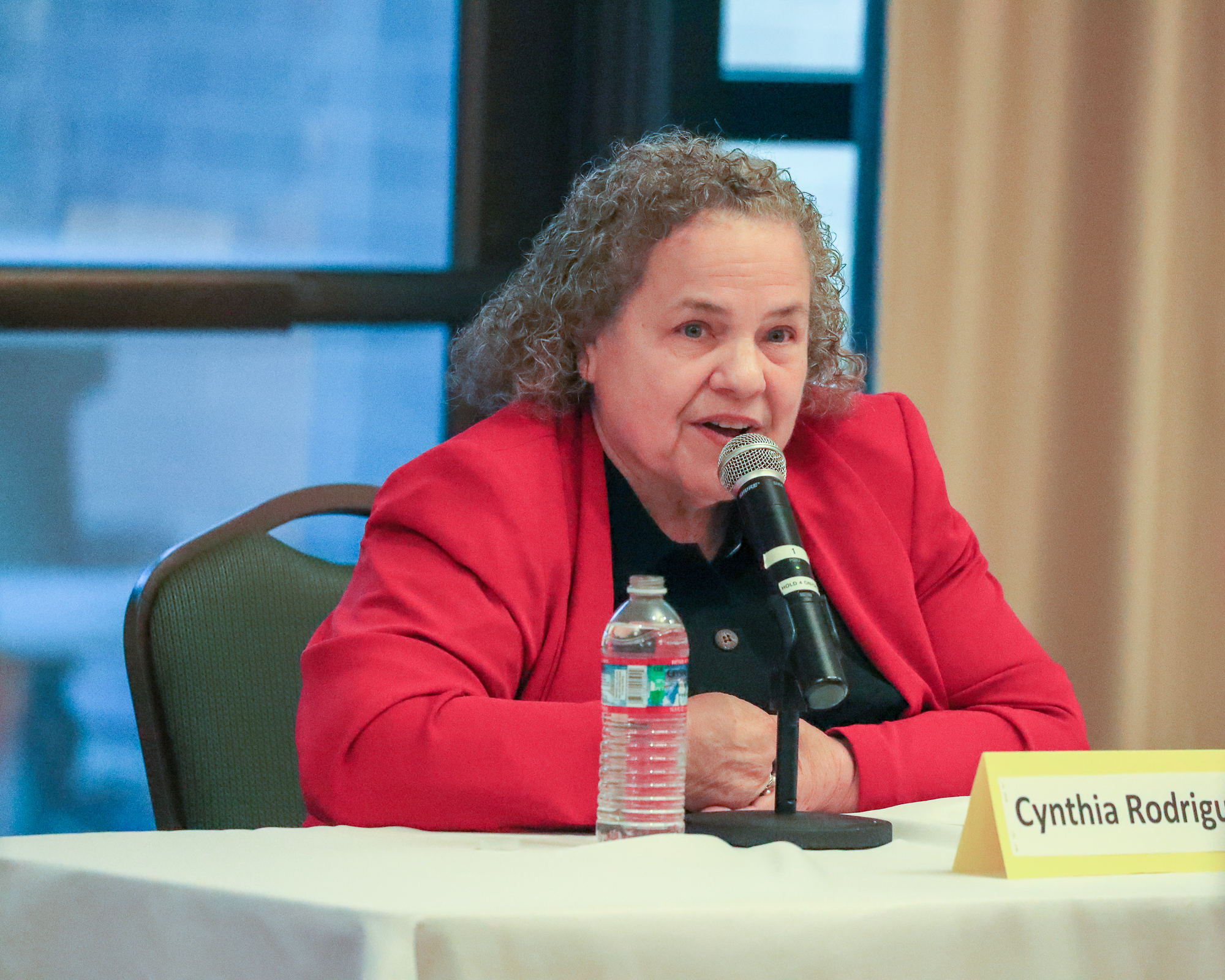
Reisig: “It’s bad across California right now frankly because, progressives, I’m gonna call out San Francisco, and some other places that have done things to the law that my challenger supports which have caused this massive wave of crime across California. I’ve been fighting hard and if you look at crime states against any other county you’re going to see that we do very well. The other issue is the treatment, well guess what Governor Newsom’s plan includes coerced treatment, I support him. The law that I worked on with Assemblymember McCarty had coerced treatment and every Democrat and Republican in Sacramento supported us.”
Hope California or AB 1928 would establish a secured drug treatment facility where felony offenders could be sentenced and treated for substance use disorders rather than serving a jail or prison sentence according to the bill. Reisig helped write AB 1928 which is a new version of AB 1542.
In October 2021, Governor Gavin Newsom vetoed AB 1542 out of concerns about coerced treatment.
Q2: A district attorney will be expected to serve residents from diverse cultural and ethnic backgrounds from rural and urban communities and have divergent points of view on issues from law enforcement to land use. How would you go about building trust and finding common ground among all groups?
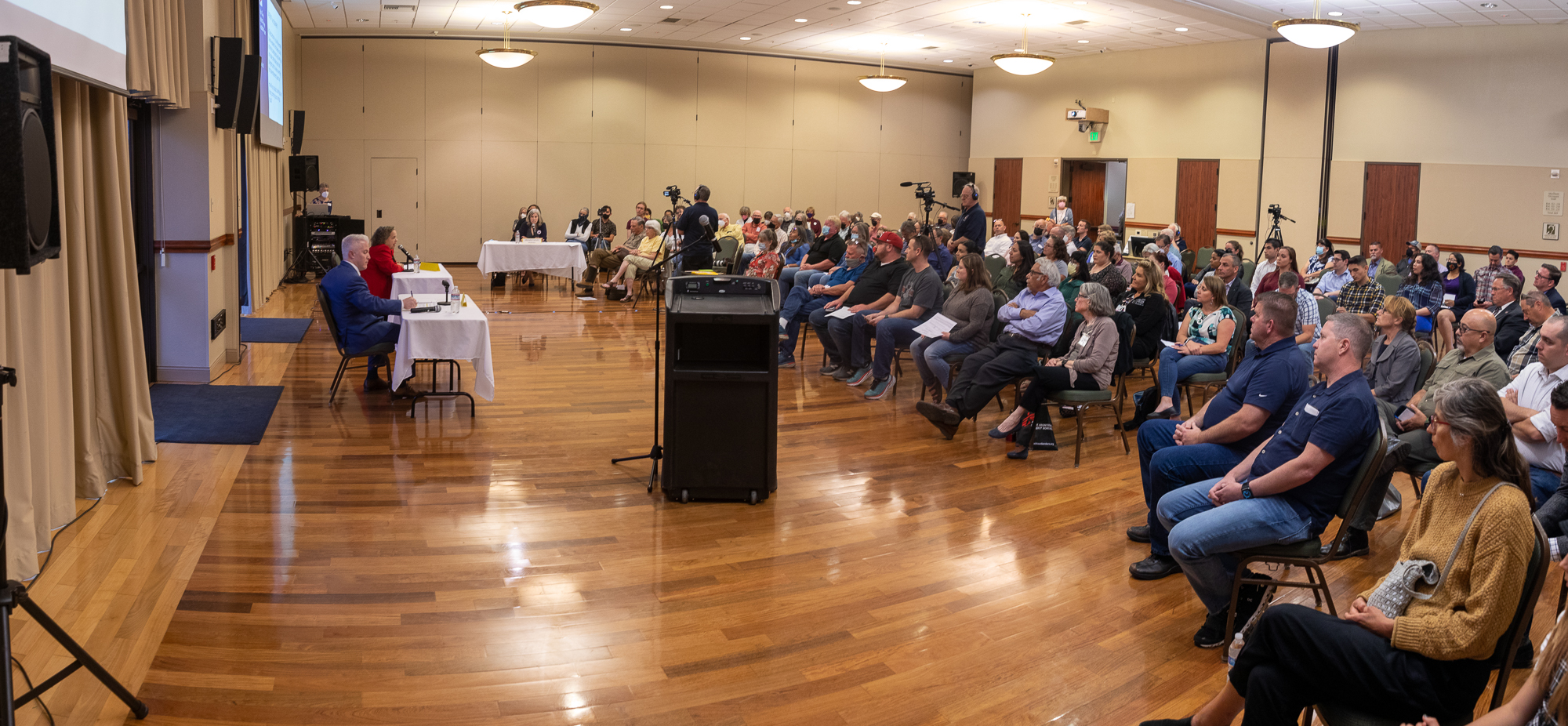
Reisig: “There are three things that I’ve done that really bear mentioning. With former School Superintendent Jesse Ortiz, we created the multicultural community council, a diverse group of residents who meet with me regularly. They advise me, some of these people are protesters, by the way, they advise me, I listen, I act and because of that relationship, we’ve done some major reforms. Last year we partnered with Measures for Justice and launched a third-party hosted transparency portal. We also partnered with Stanford University to build a first-of-its-kind, race-blind charging program. So that my 30 deputy DAs, when they’re charging cases, can do it race-blind.”
Rodriguez: “Trust is built by having an open door and making yourself available to the community. I know of a city councilwoman who was unable to meet with Mr. Reisig until she was actually elected into office. I plan to have an open-door policy and have weekly or bi-weekly gatherings so people can come to the office so people can come to see what’s happening. I also plan as I have before, to hire a diverse staff. People who can understand the community so the public will be able to recognize themselves in our office.”
Q3: Recidivism is an ongoing issue in the criminal justice system. Past attempts to lower the rates have met with varying levels of success. Please provide statistics regarding recidivism in Yolo County; in addition, how would you lower recidivism rates while working within budget constraints?
Rodriguez: “A study from Yolo County Results First shows there is about 30 percent recidivism after year one and about 56 percent after that. Mostly what we need to know is that 50 percent of those getting out of custody, returning in one to six years is way too high a number. That is creating more victims. Drug courts result in a 21 percent reduction and things like mental health, drug, and alcohol programs, those programs need to be focused on. These are the ones we need to use so people don’t end up going to prison which has a very poor success rate.”
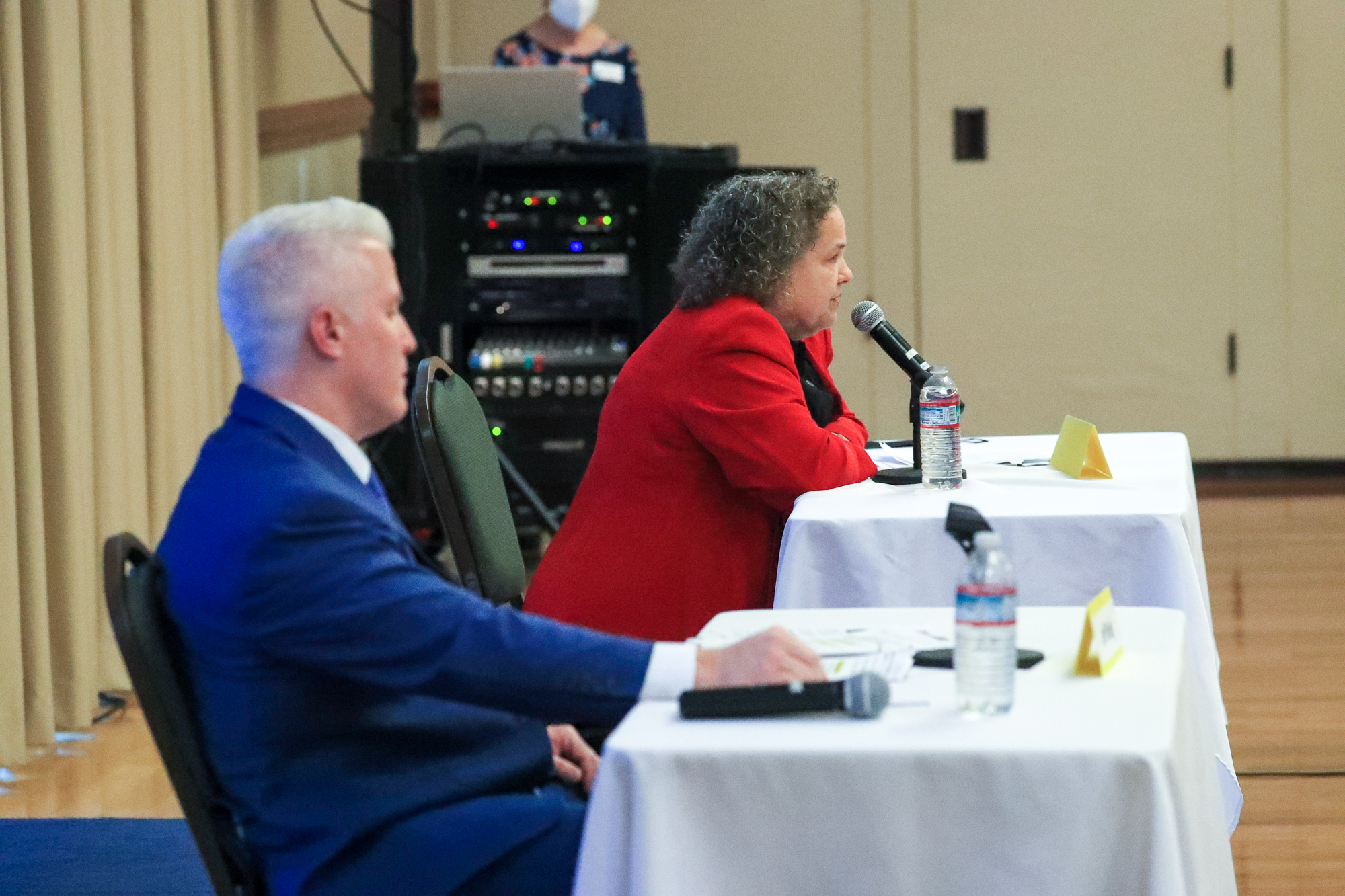
Reisig: “The statewide recidivism rate has always hovered around 70 percent and that’s miserable. The stats show that people that go to prison don’t get better. I’ve done two things that have reduced recidivism. We’ve taken over 2,500 hundred cases including felonies that have been diverted from the courtroom into our Restorative Justice Partnership Program. We have a 90 percent completion rate and a 90 percent victim satisfaction rate. We are helping people, lots of people without mental health courts. Yolo County is viewed as a National leader on reform.”
Q4: A public health approach uses strategies that identify and reduce risk factors and identify and increase protective factors to improve a community’s health and overall safety. As district attorney, discuss how you could employ this approach to mitigate rising crime rates, including violent crimes, and develop coordinated resources for those who are homeless.
Reisig: “This is what I have been doing as district attorney. Our programs have helped thousands of people. The data tells the truth.”
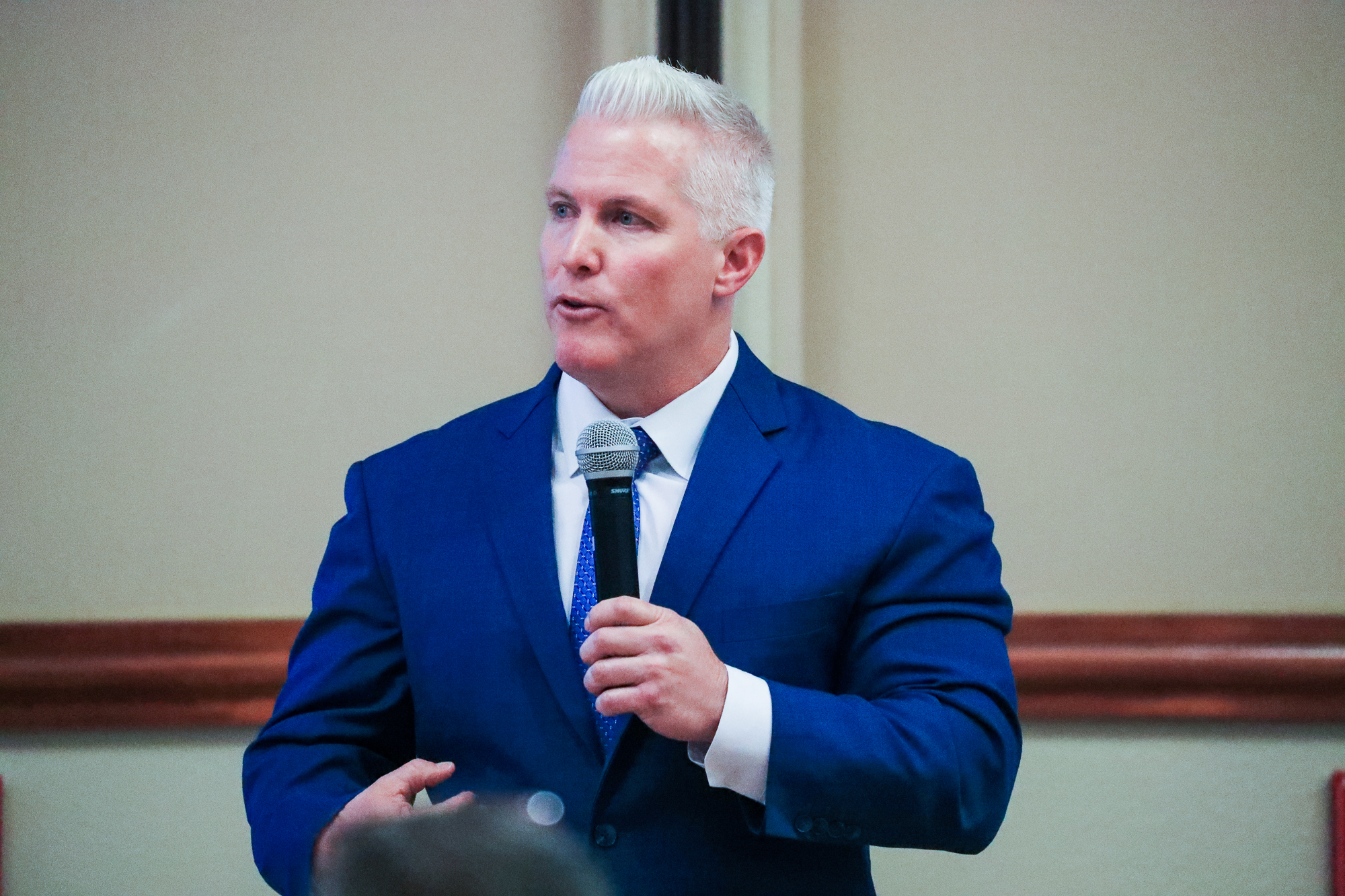
Rodriguez: “We need to start early. We need to make sure kids are getting the attention they need and the assistance they need to grow up healthy and wholesome. We can help with those things by providing resources and paying attention to those who are normally not given to them. We have to know who needs help before they get to the bad place where they cannot turn back.”
Q5: The district attorney has a necessarily close working relationship with law enforcement. What will you do specifically to hold law enforcement accountable including the use of force?
Reisig: “I am the chief law enforcement officer. That means I have to work in collaboration with law enforcement around the county. Imagine if I had a terrible relationship or came in and said I’m going to prosecute every one of you. It’s not going to go very well. I have sent police officers away for life for breaking their oath, and I have prosecuted police for misuse of weapons and DUIs. I don’t take joy in it but I do it.”
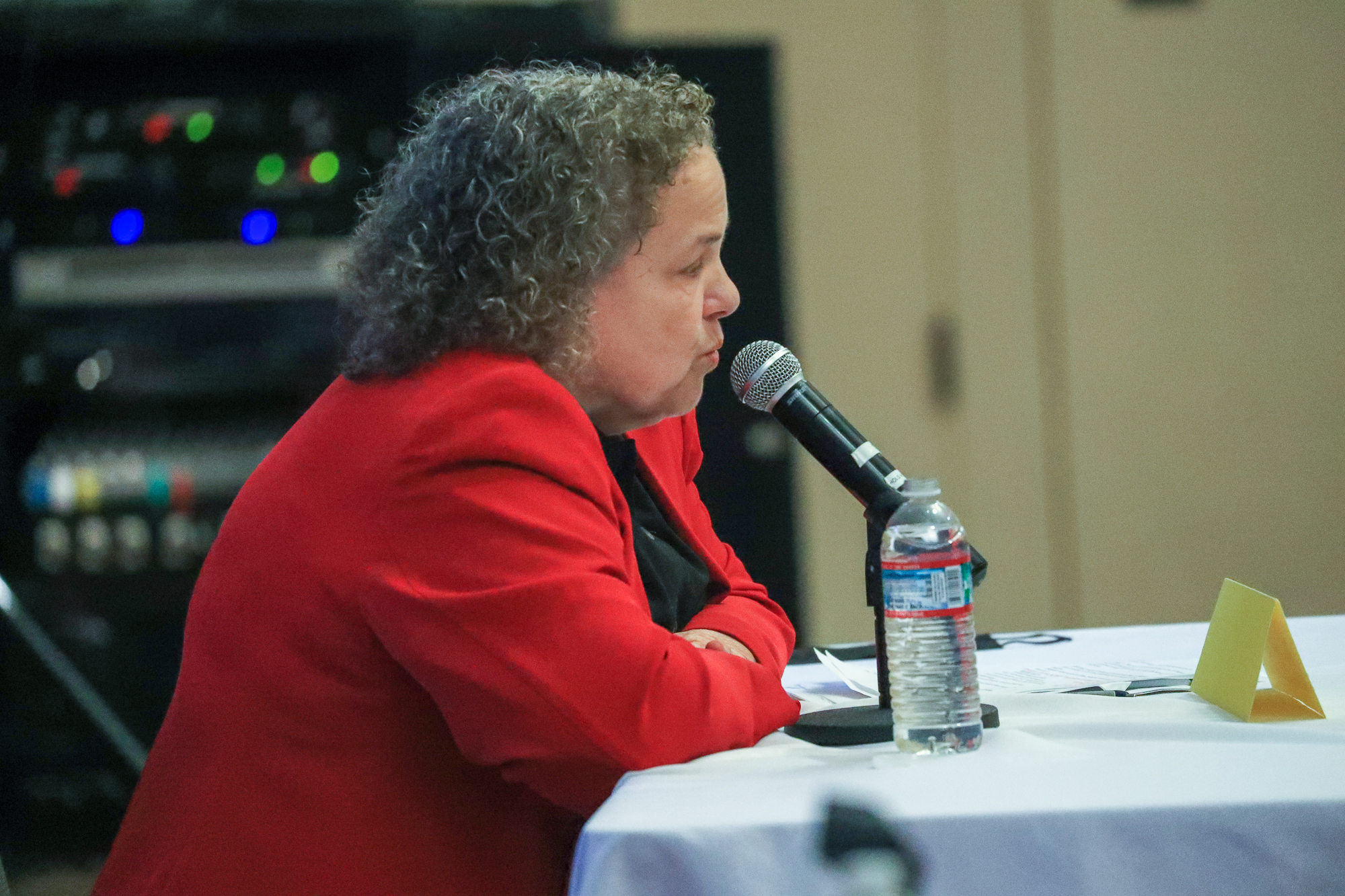
Rodriguez: “I have worked holding peace officers accountable for excessive force, murder, rape, and all kinds of different crimes and misconduct of corrections officers at the prisons. I have worked with other peace officers in doing so. Each case that I handled was brought to me by other peace officers. I don’t believe the relationship should be close so much as professional. Mr. Reisig is wrong when he says I don’t understand prosecution. I taken cases out to prove what has been done, I have used witnesses, I’ve done all those things, again and again, hundreds of times.”
The full debate can be seen here.


David… thank you for providing the link to the actual meeting… greatly appreciated…
Actually thank Robert.
Consider it done…